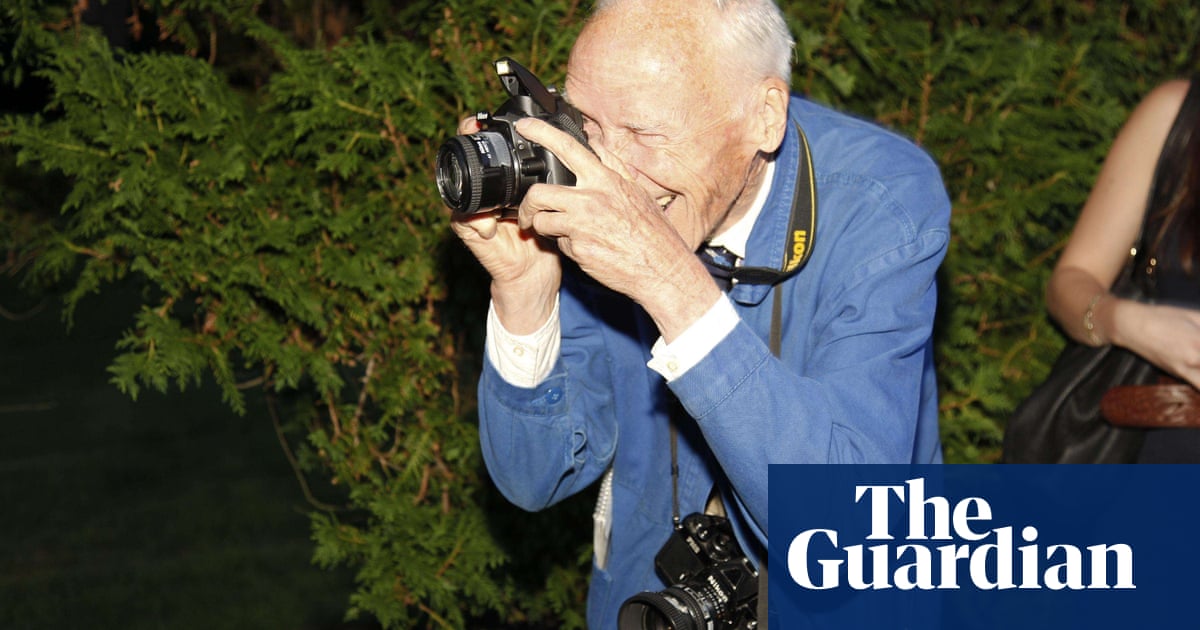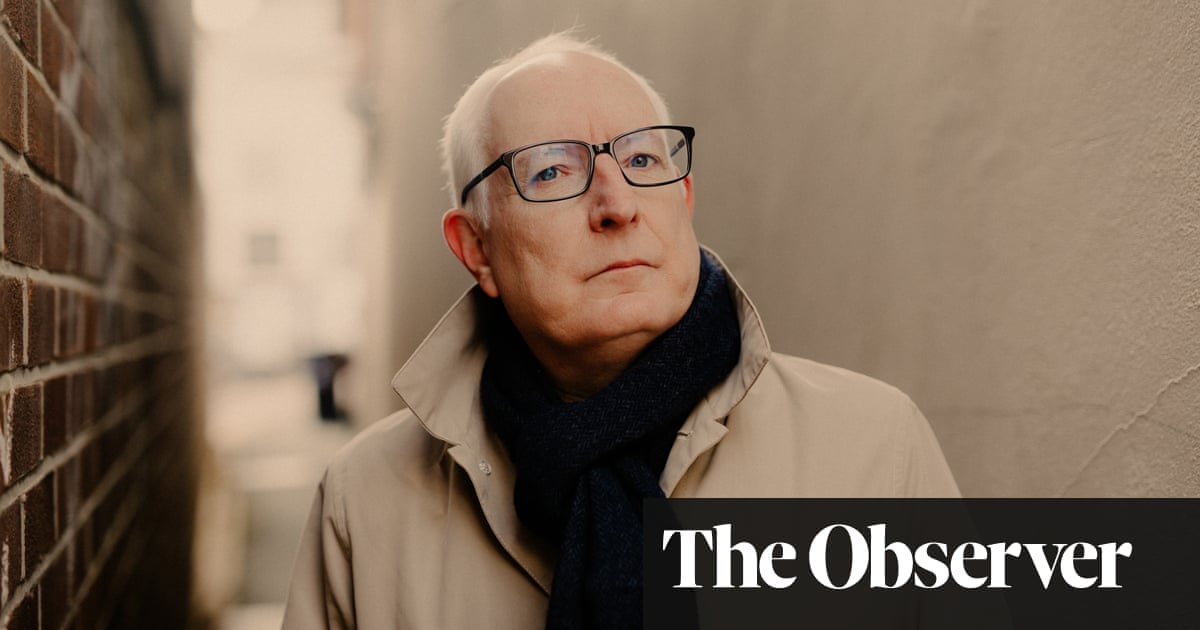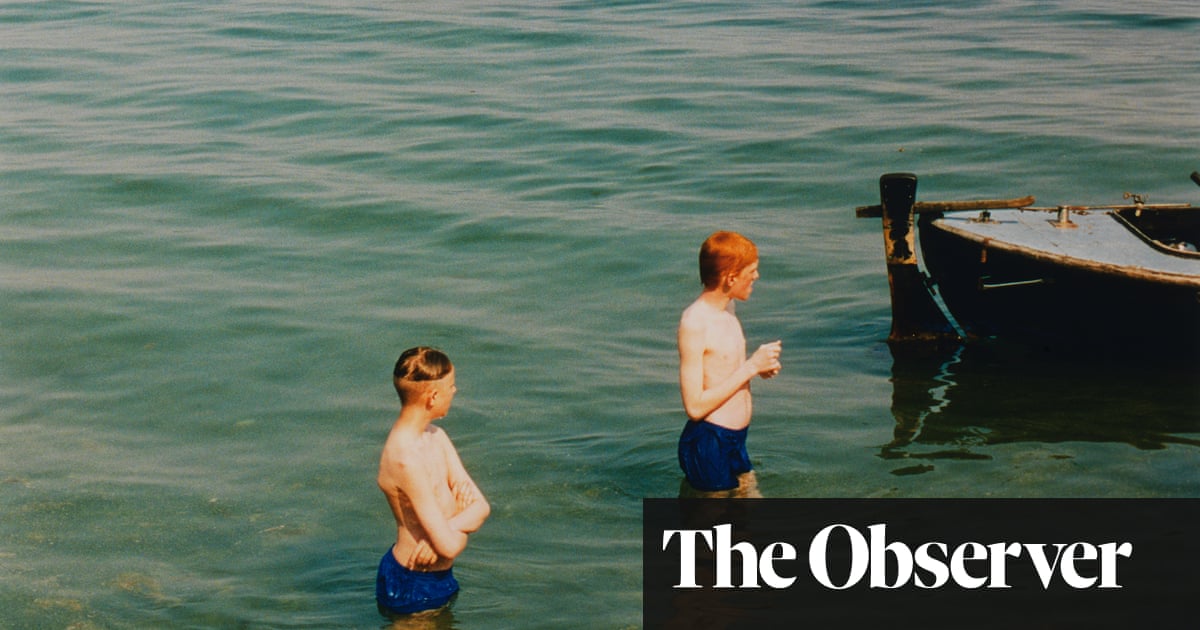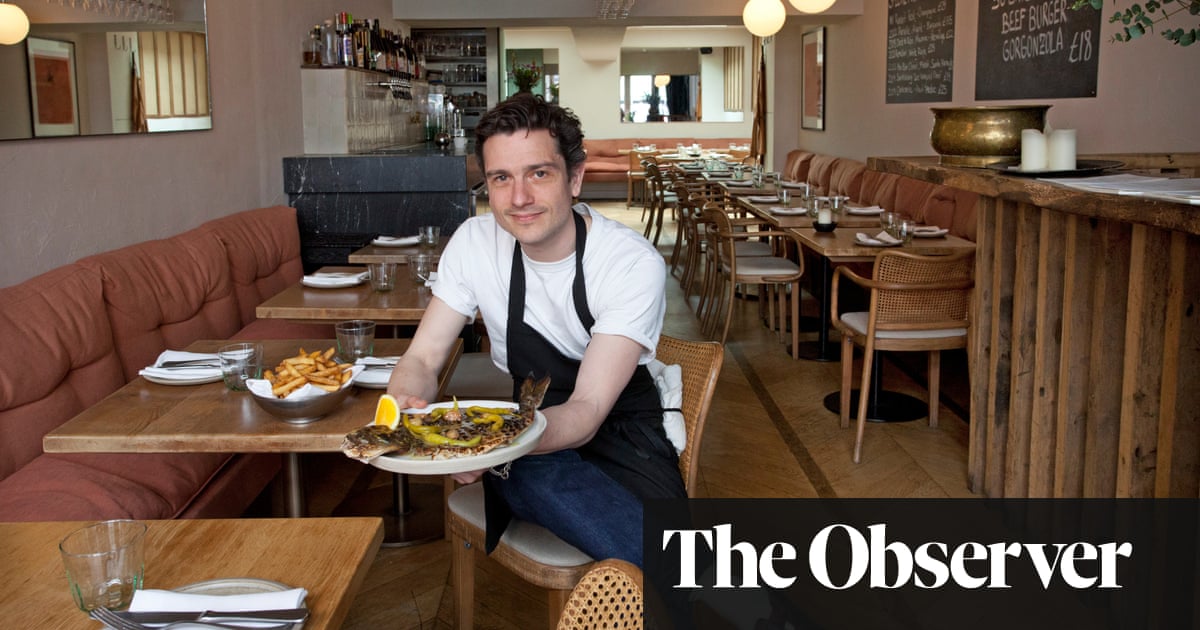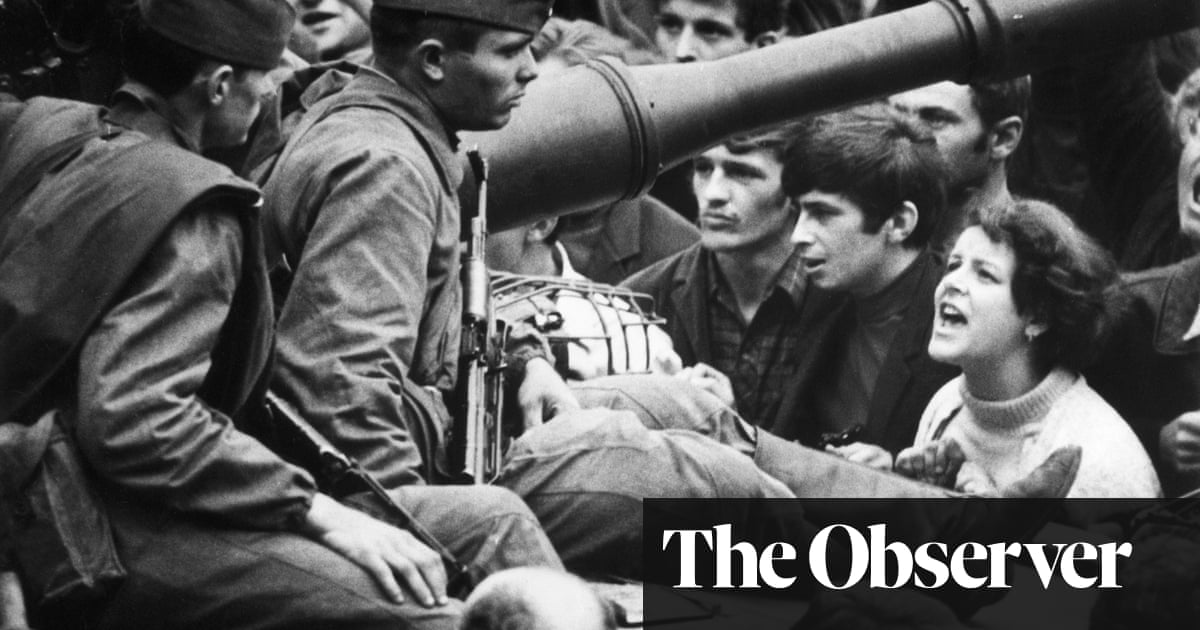When Arizona-raised novelist Kiley Reid, 37, debuted five years ago with Such a Fun Age, she attained the kind of commercial and critical success that can jinx a second book, even landing a spot on the 2020 Booker longlist. Instead, Come and Get It – which is published in paperback next month – fulfils the promise, pursuing some of the themes of that first work while also daring to be boldly different.
The story unfolds at the University of Arkansas, where wealth, class and race shape the yearnings and anxieties of a group of students and one equally flawed visiting professor. Reid, who has been teaching at the University of Michigan, is currently preparing to move to the Netherlands with her husband and young daughter. She is also on the judging panel for this year’s Booker prize.
What inspired Come and Get It?
I was teaching an undergraduate fiction writing workshop and was intrigued by my students. They were smart and bizarre and strange, and their voices got stuck in my head. Around that time, my husband gifted me a book called Paying for the Party: How College Maintains Inequality, written by two sociologists who lived on a university campus and tracked young women’s finances. I’m fascinated by money and began interviewing students about it, and that’s how the novel started.
Money also features powerfully in Such a Fun Age, even though that novel was discussed almost exclusively in terms of race, right?
Such a Fun Age came out on the last day of 2019, and the following summer George Floyd was murdered. I think a lot of black artists had to contend with the role of their work in the hands of people who believed that if they purchased black art they were solving a bit of racism. The truth is, to separate race from money is to miss the point entirely. The reason that the median income of black families is so low is due to slavery. I will continue to believe that consumption cannot fix racism, but in terms of what my books are doing, that’s always up to the reader.
Is a novel’s theme something you consider as you’re writing?
Theme always comes last. I never say, I want to write about capitalism or women. What gets me into writing is always this tiny moment of someone saying something that’s stuck with me. I also hate polemics within a book. I just want a novel to present fiction as truth to me, and then let me make up my own mind, because life is so complicated.
If theme comes last, what comes first?
For me, it’s always story. When friends recommend books and say the first 50 pages are really boring but then it gets good, I say absolutely not! You have to grab me with a story, that’s the only reason I pick up a book. I think it’s story followed by character and then voice.
You capture your characters’ voices so clearly in Come and Get It, the tone almost becomes documentary-like. Did anything that students told you when you interviewed them make it on to the page?
A young woman told me that she received paycheques through her father’s dentist’s office, and I asked her if she worked there and she said no, they’re “practice paycheques”. I said, you know that sounds like fraud? And she was like, “Oh no, it’s totally fine.” That went straight into the book – Practice Paycheques was almost its title. I use things that I hear in the real world in my fiction all the time. It’s all up for grabs as far as I’m concerned.
You have a gift for finding redeeming traits in characters that it might be tempting to villainise…
I hope that I’m generous towards my characters. My favourite kind of heartbreak within a novel is when you know a character knows better. I love characters who you feel like shaking a bit because that rings very true to real life for me.
How are you feeling about writing your third book in the Netherlands, immersed in a language other than English?
I have to learn Dutch very quickly! Studying other languages is really beneficial for me. When I was writing Such a Fun Age, I took a German class four days a week and honestly, it was good practice to be bad at something first thing in the morning. When I got to my own writing later on, I wasn’t making the first mistakes of my day, which took the pressure way down.
Talking of pressure, how long is your reading list for the Booker prize?
About 160 novels. I allow myself to be very messy with my notes but there’s no scope for falling behind with the reading. I try to tackle two books in a day and almost make them compete against each other, spending an hour with one, then an hour with another… It’s pretty illuminating in terms of which one is really holding my attention.
Tell me about the group dynamic on the judging panel.
The group is absolutely lovely [the other Booker panellists for 2025 are chair Roddy Doyle, Ayòbámi Adébáyò, Sarah Jessica Parker and Chris Power] and I’m the grouch, I have no generosity. It’s difficult because some of the books have completely knocked me off my seat so I have a very high bar.
Do you have a favourite winner from years past?
I, like most people, enjoyed Paul Beatty’s The Sellout [2016] very much, and I loved This Other Eden by Paul Harding, which was shortlisted [in 2023].
In your wider reading, is there an author you return to time and again?
James Baldwin. On my desk are copies of The Fire Next Time, Notes of a Native Son, and Another Country. From voice to architecture of thought, he’s just compelling all round. I did a monologue from Blues for Mister Charlie for an acting class aged 19. I don’t imagine my performance was very compelling at all, but it was how I discovered James Baldwin.
Did you grow up wanting to be a writer?
Cleaning out my childhood bedroom, I found a list from when I was around 10 of things I would like to do before I was 40, and alongside “kiss a boy at a football game” was “publish a book”. I’m happy to say that I’ve done a few of the other ones as well.
Is there anything on your bookshelves that readers would be surprised to find?
Ginger tea and a ton of index cards. Probably a third of Come and Get It started out on index cards. On days when it seems like there’s not enough time or possibly inspiration, it’s way less pressure to say I’m going to write six index cards today, that’s it.

 13 hours ago
11
13 hours ago
11
